|
The wildlife trade in East Asia is big business. In China alone there are 20,000 breeding centres which raise “wild” animals like pangolins or civet cats, while products made from endangered animals like tiger balm or bear paw soup are easily available. It’s no wonder the trade has long been criticised by conservationists.
But the coronavirus outbreak, which began in an animal market in China, has highlighted how the trade is also a massive threat to economies and public health right across the world. It’s about time we finally ended this billion dollar industry for good, writes Simon Evans.
Also in the news:
|
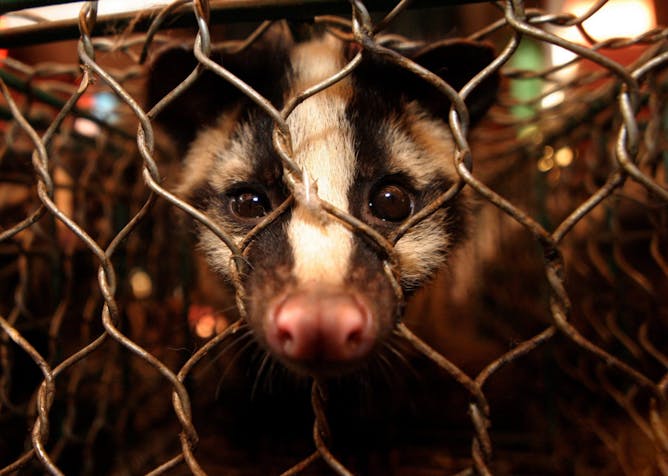
A civet cat awaits its fate in an animal meat market.
Paul Hilton / EPA
Simon Evans, Anglia Ruskin University
Once a purely conservation issue, it is now also considered a threat to biosecurity, public health and the economy.
|
COVID-19
|

Glen Peters, Center for International Climate and Environment Research - Oslo
A move towards working from home, less air travel and prudent stimulus spending could flatten emissions growth in the longer term.
| |
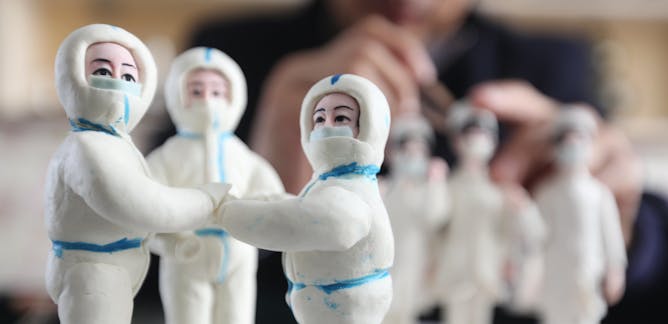
Belinda Kong, Bowdoin College
The human spirit is tested during difficult times, but a scholar already has found examples of how people found ways to support one another in China. Other countries have shown similar resilience.
|

Jeremy Rossman, University of Kent
Sometimes low numbers are a cause for concern.
| |
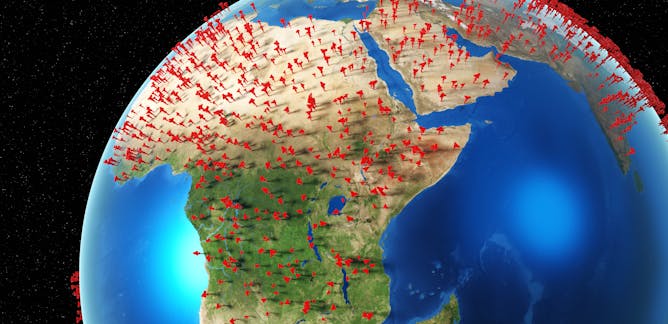
Akebe Luther King Abia, University of KwaZulu-Natal
African countries need to strengthen their capacity for identifying new cases.
|
|
|
Health + Medicine
|
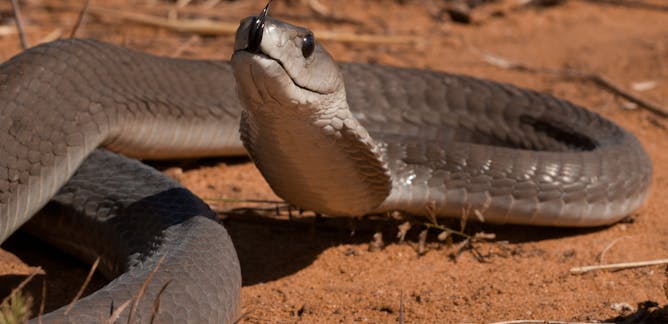
Andreas Hougaard Laustsen, Technical University of Denmark; Line Ledsgaard, Technical University of Denmark; Timothy Patrick Jenkins, Technical University of Denmark
The World Health Organisation has a plan to halve deaths and disability from snakebites
| |

Anthony Idowu Ajayi, African Population and Health Research Center
With the introduction of free maternal healthcare, Nigeria appears to have got more women using health facilities, but there are more hurdles to cross.
|
|
|
Environment + Energy
|
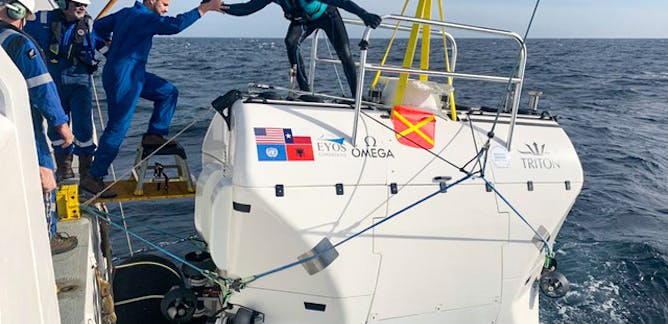
Lucy Woodall, University of Oxford
Unless we know what is in the ocean, we can’t protect the biggest part of the planet.
| |
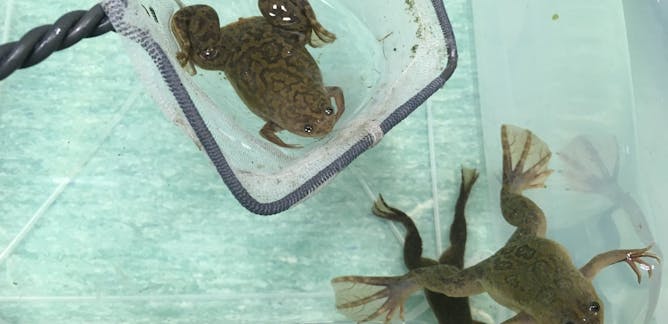
Anneke Lincoln Schoeman, North-West University
The African clawed frog is a notorious invader but it also takes some parasites with it to new regions.
|
|
|